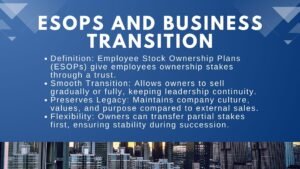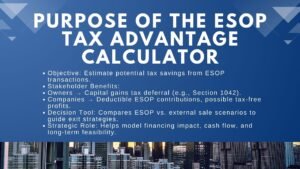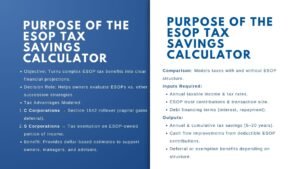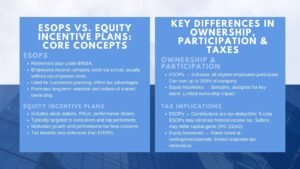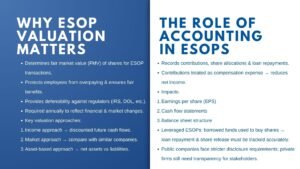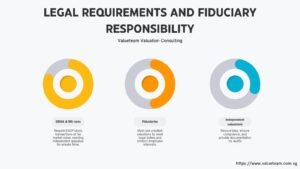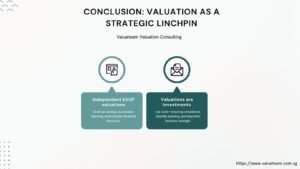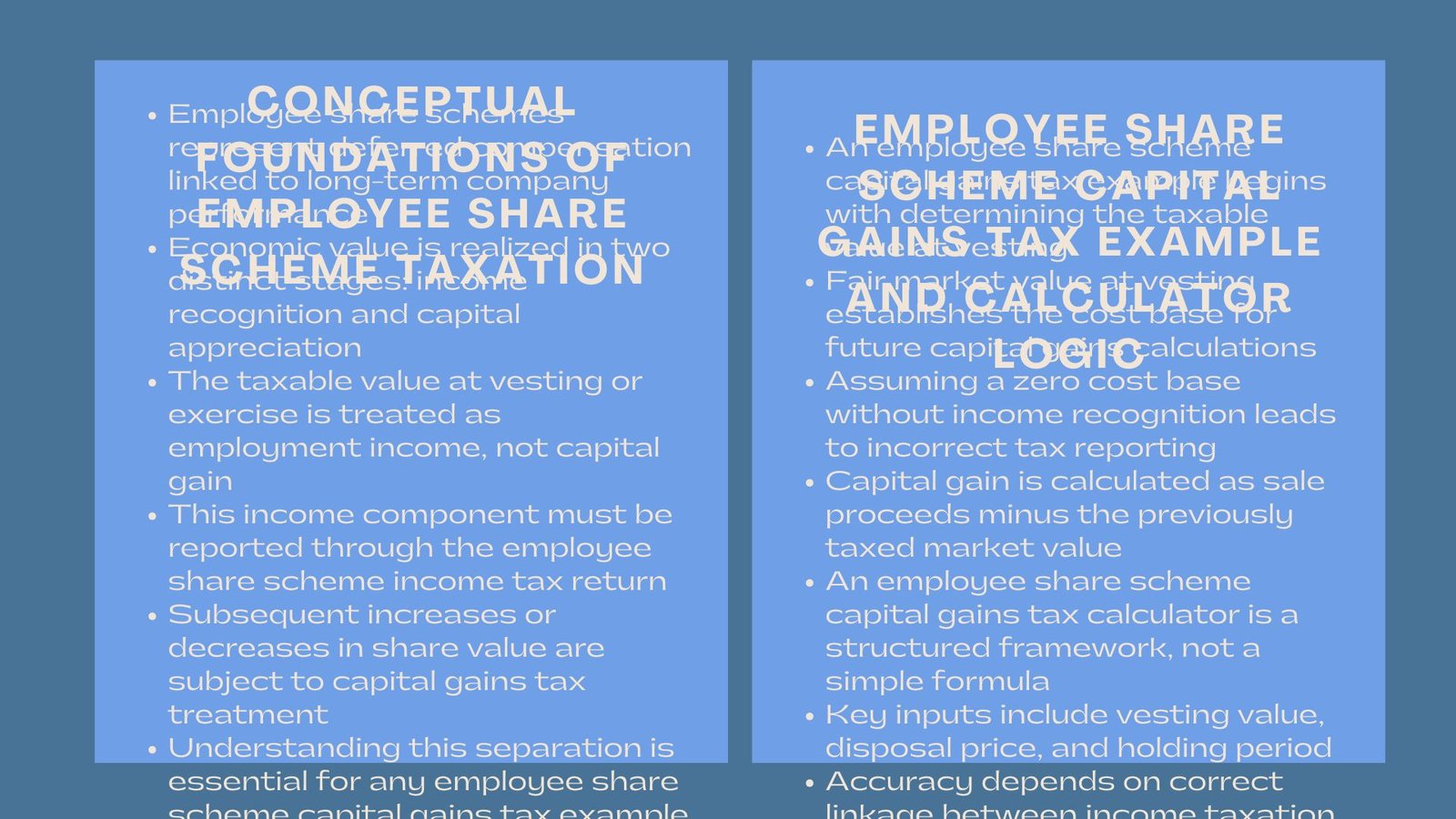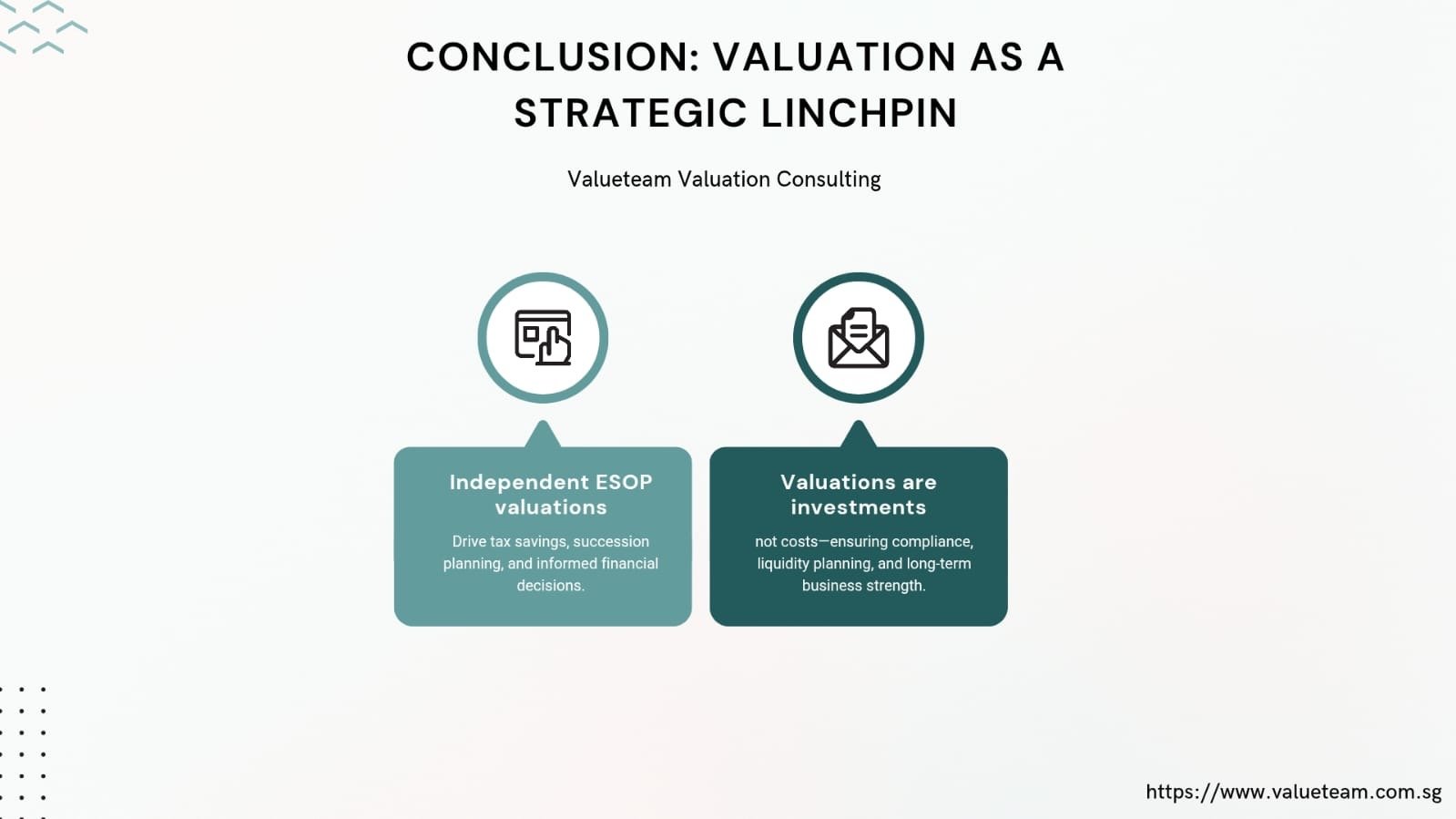
What Affects Excellent factor influencing ESOP Fair Market Value?
What Affects Excellent factor influencing ESOP Fair Market Value?
The ESOPs have turned out to be a potent method of uniting the interests of the staff and owners of a business enterprise. Not only do ESOPs aid in attracting and retaining talent as well as giving employees a direct interest in the success of the business, it also gives business owners a strategic succession planning alternative. Determining the Fair Market Value (FMV) of an ESOP is one of the most important tasks of keeping an effective and fair value of ESOP Singapore. This amount determines the manner in which shares are distributed among employees, the way distributions are made and how the plan is kept in line with the laws.
Nevertheless, in contrast to listed businesses which tend to have accessible market data, businesses owned by an ESOP face a formal process whereby an accurate valuation must be arrived at. The FMV is not only a number; it is the result of thorough analysis based on a variety of financial, operational and market related factors. Business owners, trustees, and even employees should understand what the ESOP Fair Market Value is influenced by.
The Role of ESOP Valuation in Business Operations
Evaluation of an ESOP is generally done on yearly basis, as it is a requirement to adhere to the guidelines by the U.S. Department of labor (DOL) and the internal revenue service (IRS) to comply with the provisions in the guidelines and further to enable the ESOP valuation to be useful and accurate information which can be used by the employees through their statement and the corporate planning. The FMV is the price that the stock of the company would sell between a willing buyer and willing seller, none of whom is under any duress and both with sensible knowledge of the facts of the case.
This definition means that not any random exercise of valuation; the valuation involves establishing support on material market realities yet it applies to the unique situation of the firm. To illustrate, a company, which has long-term stable contracts regarding manufacturing, may differ in valuation as compared to a technology company rapidly developing, though with similar revenues.
The market valuation is beneficial in a number of ways also. In the case of employees, it establishes the value of their retirement benefits of the ESOP. To the company, it gives an indication of buyback requirements on the retirement or departure of workers. It has documented justifications in the occurrence of audits or challenges where it has become a compliance requirement. That is why factors that influence FMV are discussed with such attention by valuation professionals.
Financial Performance and Profitability
The financial performance of the company is one of the most relevant issues that influence ESOP Fair Market Value. One of the first valuation professionals will pay a lot of attention to the revenue patterns, profitability, stability of cash flow and earnings predictability. Good financial performance tends to show that the company is healthier and more valuable.
Earnings Before Interest, Taxes, Depreciation and Amortization (EBITDA) are important financial measures that are regarded as key items in the process of values. The main issue with valuations using ESOP is that because they are being included in taxable expenses their normalized EBITDA, a measurement with irregular or non-recurring expenses excluded to provide a clearer view of their sustainable operating performance is frequently used.
But then it is not only about financial performance in the immediate past fiscal year. The valuation professionals would look at the history of its performance to review the trends, and the forecasts to determine the growth potential of a business. A firm with a steady performance with regards to revenue growth and healthy margins will most likely have a higher FMV when compared to a firm with unstable earnings.
Also, the quality of advanced financial reporting in ESOP can determine the results of valuation. The imposition of confidence in the valuation process is shown in transparent, accurate and timely financial statements. Provided that the accounting controls of a company are not good or there is no detailed documentation, valuation professionals could attach a discount in order to account for the extra risk.
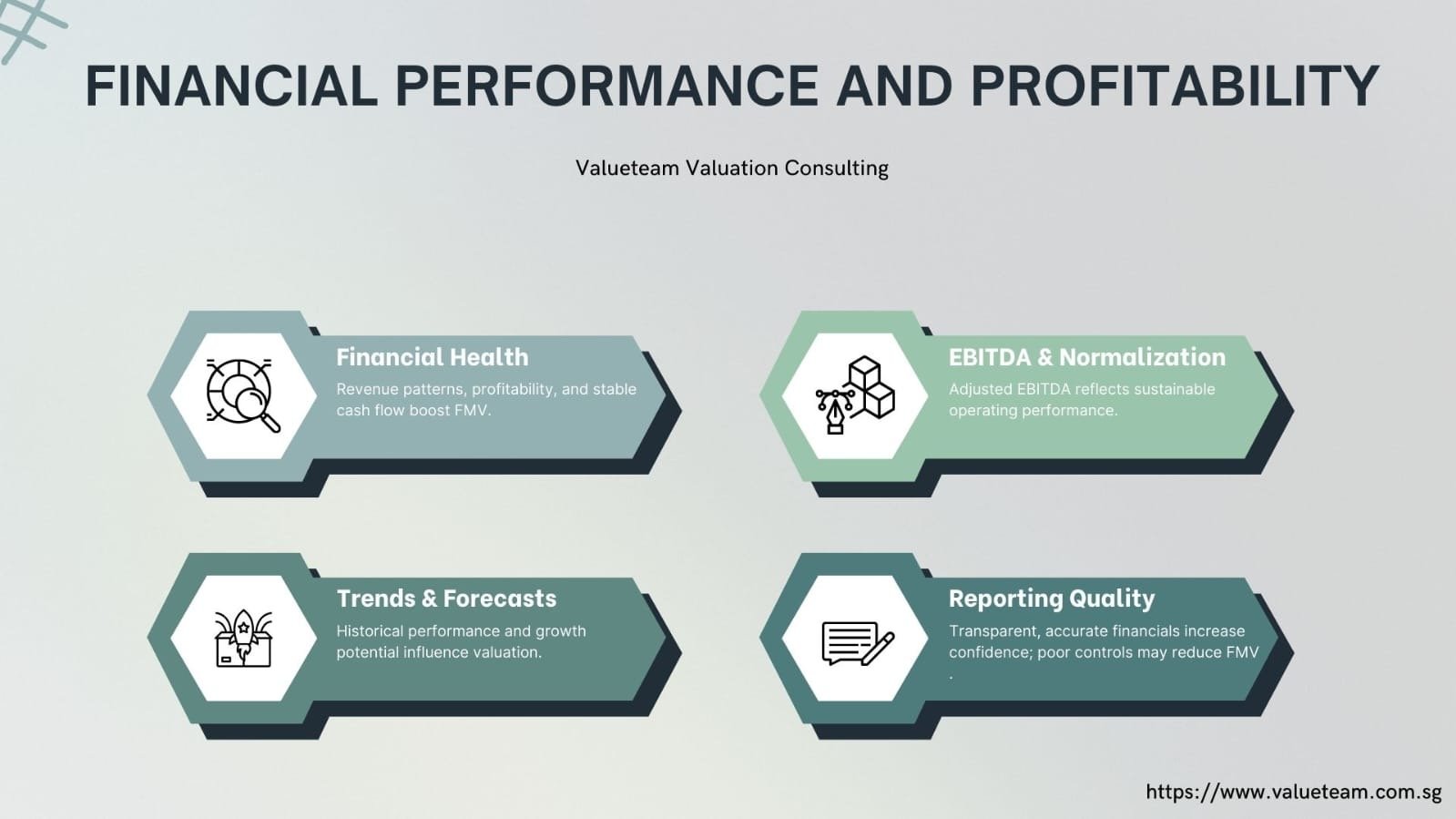
Industry and Market Conditions
Economic factors and industry conditions have the capacity to trigger a considerable impact in ESOP Fair Market Value. Despite the fact that a company may be properly managed and be financially healthy, some external forces can impact the valuation of the company, including economic recession, regulation shifts or even changes in consumer demand.
To take an example, a firm which is in a business that is on the rise e.g. renewable energy, cloud-based software will have an upward adjustment to itsFMV as it is expected to grow more than before. On the other hand, a growing company in a dying industry or one experiencing change threatening technology may be valued less even though the company currently follows good financials.
Market comparables are there as well. Practitioners in the valuation field tend to examine how similar firms are priced in the market adjusting on size, risk and other parameters. Should there be other similar businesses acquired by using high multiples then that would be a positive indicator to the FMV of the ESOP company. Nevertheless, the FMV might be adversely impacted in the case of lower investor interest in the industry or decreased levels of acquisition.
Another competitor is market competition. It is also common practice to value companies with stronger competitive advantages, i.e., a proprietary technology, strong brand name, or market share. Conversely, when competitors are catching up or there is a low barrier to entry, valuation experts might lower FMV by a value proportional to the increase in the risk.
Company-Specific Risk Factors
As part of the valuation, ESOP value takes into consideration qualitative factors that affect the risk level of a company beyond the value. These are the depth of management, the efficiency of the operations, the concentration of customers, the relationships with the suppliers, and the legal or compliance.
An experienced and solid management team minimises dependency on any particular individual which is taken well in the valuations. On the other hand, where the success of the company would largely depend on the owner or a few among the top executives, the FMV can be discounted to take an effect of succession risk.
Another factor to take into account is customer concentration. When the company is highly focused on one or two clients as sources of income, the loss of an account will cause a major disturbance in the business. When such dependency is present, valuation experts tend to use a risk adjustment.
FMV can also be affected by operational risks i.e. outmoded equipments, ineffective procedures, or a few number of suppliers. Equally, impending litigations, investigations by the authorities, or legal tussles are a source of uncertainty that has the potential to reduce the perceived value of a company.
Such things as company culture and employee engagement are also intangible, but can impact valuation indirectly. Turnover among the employees or a low morale could indicate some challenges in operations, which affect productivity and profits.
Capital Structure and Debt Levels
How a business funds themselves even contributes to the calculating of ESOP Fair Market Value. As it relates to FMV, the calculation thereof is usually done on an equity basis, but debt levels affect the level of perceived financial health and flexibility of business.
The fewer risks involved in a company because of a healthy balance sheet, low debt ratio and lots of cash reserves tend to have high FMV. In contrast, heavy debts create a greater risk to finances of companies in case the earnings cannot afford interest and principal payments. This is specifically useful in case of leveraged ESOP transactions, in which the firm takes debt to repurchase pre-existing stockholders.
The type of debt also counts. Fixed-rate debt can be safer than short-term floating rate and it is especially true in a setting of rising interest rates. Valuation can also use the fact that borrowings can be refinanced at good terms.
The company also needs to address the valuation professionals with the working capital management. The cash flow can increase due to good control and management of the receivables, payables, and the inventory facilitating valuation increases. On the other hand, inefficient working capital practices may indicate a warning sign of operation problems.
Regulatory Compliance and Governance
Adherence to ESOP regulations as well as the other corporate practices of wider corporate governance has a bearing that is direct on Fair Market Value. ESOPs are under rigorous scrutiny by the DOL and IRS and any form of non-compliance may attract hefty fines or even plan disqualification.
A firm that has good governance mechanisms, definite policies and a history of compliance with regulations is usually considered less risky. This also means having the correct records of the ESOP and regular valuation of the shares and keeping up with the fiduciary duty.
Governance is more than regulation. It makes investor and employee confidence with respect to transparent decision-making processes, periodic supervision by the board, and independent audits. These practices, in their turn, have a potential to affect FMV positively as it reflects the sense of stability and responsibility.
Conversely, the reverse can take place in case of poor governance or some precedent non-compliances. In the situation that valuation professionals discover a high level of deficiencies in ESOP administration of corporate governance then they may deduct a discount to indicate the liability which may arise in the future.

